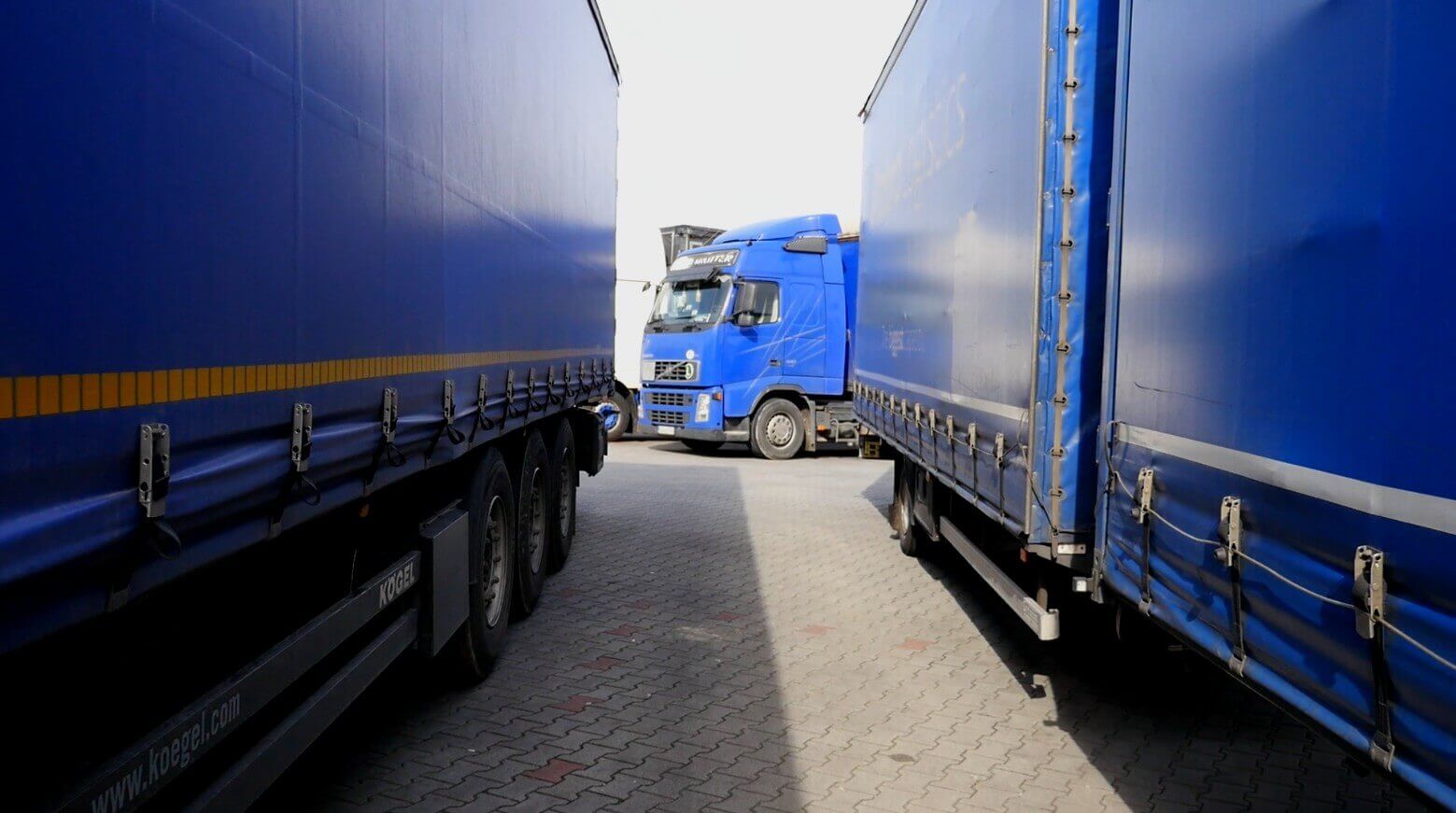The European Parliament’s Transport and Tourism Committee has proposed new EU rules to end impunity for non-resident drivers who commit traffic offences in countries other than their own.
Under current rules, if a driver loses their licence for an offence committed in a country other than their home country, the disqualification often only applies in the country where the offence was committed and not in the rest of the EU.
The proposed rules ensure that decisions to suspend, restrict or withdraw a non-resident’s driving licence are communicated to the EU country that issued the licence. This will guarantee that all EU Member States apply the disqualification decision uniformly.
There is a proposal to extend the list of serious traffic offences that would trigger the exchange of information on driving disqualifications. These include speeding, driving under the influence of alcohol or drugs, causing death or serious injury and driving without a valid licence.
The committee proposes introducing strict deadlines for EU countries to inform each other and the individuals concerned of disqualification decisions.
The committee has also revised the draft EU rules on the cross-border exchange of information on traffic offences to improve cooperation between member states.
The list of traffic offences that would trigger a cross-border investigation is proposed to be extended to include dangerous parking, dangerous overtaking, crossing a solid line, hit and run and other offences.
To reduce the proportion of cross-border crimes that go unpunished (currently around 40%), the Committee supports more robust mutual assistance procedures between EU countries. This involves involving national contact points more in cross-border investigations, giving them access to different national registers and setting up an IT portal for information exchange.
The overall aim is to reduce road accidents and fatalities caused by reckless driving, speeding, drink-driving and drug-driving.
The draft rules on driving disqualifications and the proposal on cross-border exchange of information were approved by the Transport and Tourism Committee.
Discussions with Member States on the final form of both texts will start after the plenary session in December.











